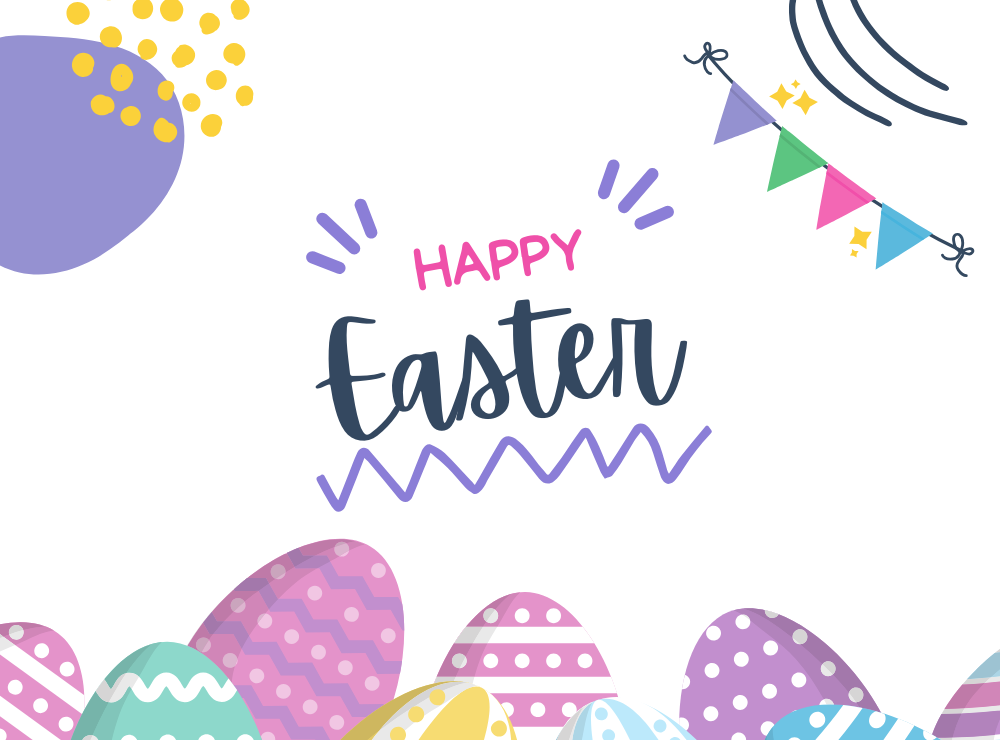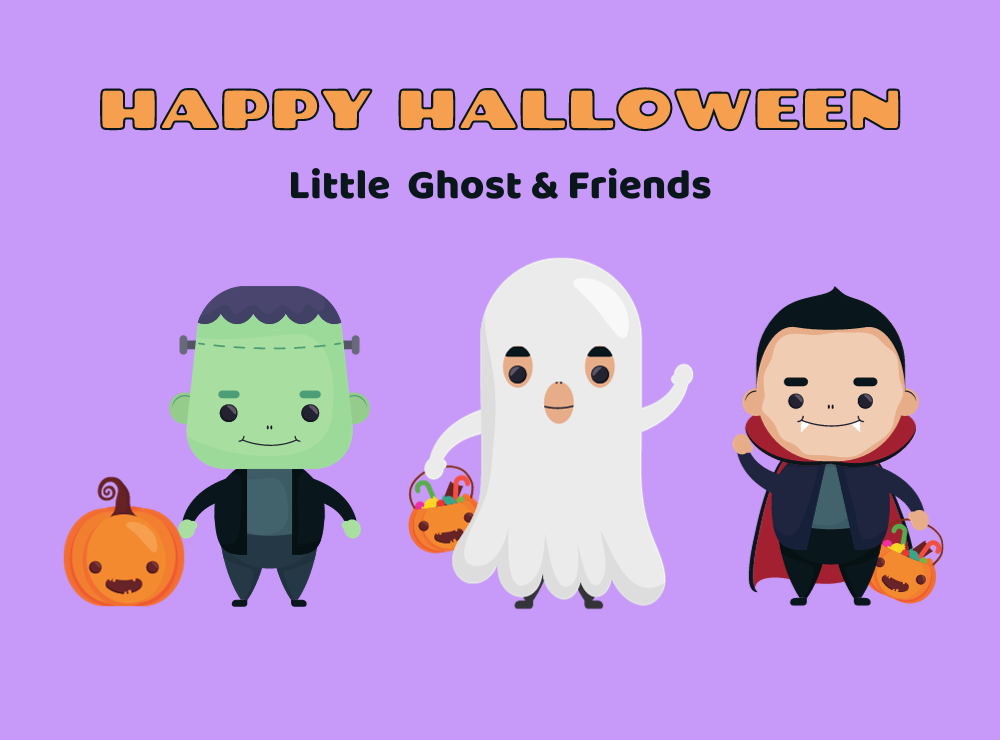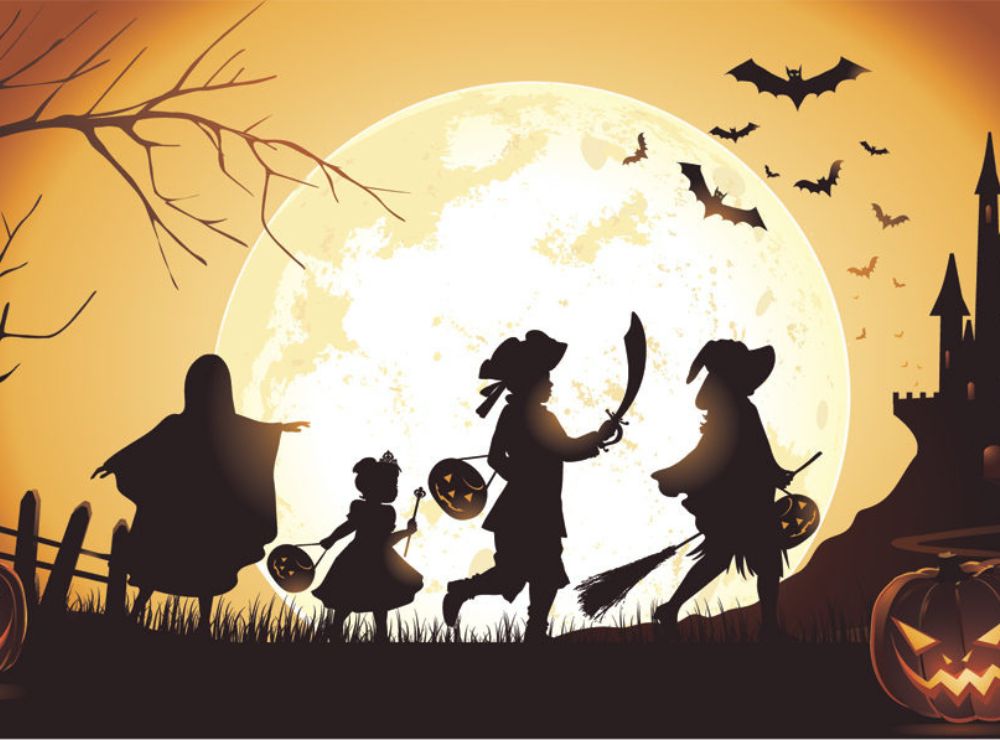Here are some key aspects of Easter:
1. Religious Significance: Easter is the culmination of the Passion of Jesus, preceded by Lent, a 40-day period of fasting, prayer, and penance. Good Friday commemorates the crucifixion of Jesus, and Easter Sunday marks his resurrection, which is central to Christian belief.
2. Easter Dates: The date of Easter varies because it is based on the lunar calendar. It falls on the first Sunday after the first full moon following the March equinox. As a result, Easter can occur between March 22 and April 25.
3. Easter Symbols:
· Easter Eggs: Eggs are often associated with Easter and symbolize new life and rebirth. They are commonly dyed or decorated.
· Easter Bunny: The Easter Bunny is a folklore character who brings Easter eggs to children. It is a symbol of fertility and spring.
· Lilies: Easter lilies are often used in church decorations and symbolize purity and renewal.
4. Easter Services: Many Christians attend special church services on Easter Sunday, including sunrise services and the Eucharist (Holy Communion).
5. Easter Feast: Easter meals vary by culture and region but often include lamb, ham, or other special dishes. Hot cross buns are a traditional Easter treat in some places.
6. Easter Egg Hunts: In many countries, children participate in Easter egg hunts, where they search for hidden eggs filled with candies or small toys.
7. Easter Parades: Some cities and towns hold Easter parades featuring floats, music, and participants dressed in elaborate costumes.
8. Easter Decorations: Homes and churches are often decorated with Easter flowers, crosses, and other symbols of the holiday.
9. Easter Monday: In some countries, Easter Monday is a public holiday, and people may continue their celebrations or participate in outdoor activities.
10. Cultural Variations: While Easter is primarily a religious holiday, it is also celebrated in secular ways. Some countries have unique Easter traditions and customs.
11. Easter in Non-Christian Traditions: In addition to its Christian significance, Easter has been incorporated into some non-Christian celebrations and is associated with the arrival of spring.
12. Chocolate and Candy: Easter is a popular time for the consumption of chocolate eggs, chocolate bunnies, and other sweets, often given as gifts.
13. Easter Greetings: People exchange Easter cards and greetings to convey good wishes during the holiday.
Easter is a time of reflection, renewal, and celebration for Christians, and it is also widely observed as a secular holiday with various customs and traditions. It marks the arrival of spring in the Northern Hemisphere and is a time for family gatherings and festivities in many cultures around the world.

















